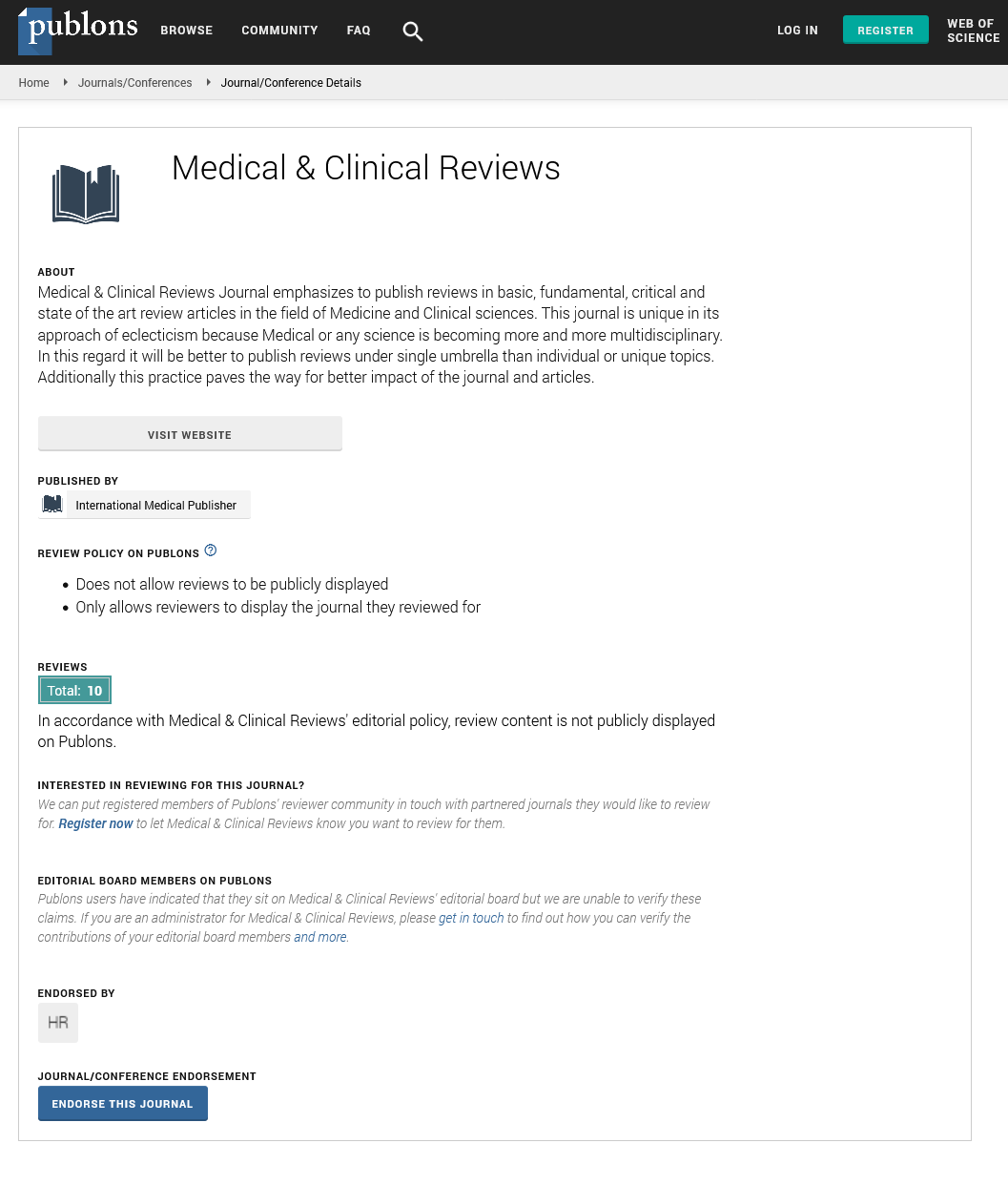Abstract
Patients Diagnosed with Bipolar Mood Disorder Admitted in Private Hospitals for Covid-19 Related Diagnosis and Other Types of Diagnosis, A Restricted Scheme Case Study- South Africa
The advent of the COVID-19 epidemic has adversely affected health systems globally. Most of the health systems are overwhelmed due to the unprecedented spread of the virus. Previous outbreaks have had persistent mental health effects, the 2003 Severe Acute Respiratory Syndrome (SARS) pandemic, significantly elevated rates of psychiatric disorders and psychological distress such as Bipolar mood disorder (BMD). The objective of this study was to assess patients of restricted schemes that have confirmed positive for COVID-19 and diagnosed with BMD. This study followed a descriptive cross-section analysis of restricted schemes claims information COVID-19. The review period was a service date between May-August 2020. Patients included were those diagnosed with BMD and had a laboratory confirmation (RT – PCR assay) hospitalisation. The analysis covered a total of 89 restricted medical scheme patients diagnosed with BMD who were admitted for suspected COVID-19 infection. The median age of patients admitted to the hospital was 48 (IQR 39-54). The median number of inpatient days was seven (IQR 4-11) and six (IQR 3-12), for the confirmed COVID-19 diagnosis and other non-COVID diagnoses, respectively. The median risk-benefit paid for the confirmed diagnosis per event was R26 704: (IQR R12 165-R46 232). The median number of inpatient days for confirmed COVID-19 diagnosis in the general ward was three (IQR 2-9), slightly lower than for those who were admitted for other reasons, with a median of 5.5 (IQR 2-11) days. There were significantly fewer patients admitted to high care and ICU in both categories. Non-COVID-19 reasons for admission included physical therapy as the second most prevalent primary admission diagnosis, while others were BMD-related diagnoses such as bipolar affective disorder, or current, mixed and severe depression, without psychotic symptoms. The study revealed evidence that patients of medical schemes are experiencing co-payments on health services that should receive PMB level of care and should be covered in full as per the regulations. Psychiatric disorders and psychological distress such as BMD are key to a multidisciplinary approach to dealing with COVID-19.
Author(s):
Michael Mncedisi Willie
Abstract | Full-Text | PDF
Share this

Google scholar citation report
Citations : 906
Medical & Clinical Reviews received 906 citations as per google scholar report
Medical & Clinical Reviews peer review process verified at publons
Abstracted/Indexed in
- Google Scholar
- China National Knowledge Infrastructure (CNKI)
- Directory of Research Journal Indexing (DRJI)
- WorldCat
- Publons
- Secret Search Engine Labs
Open Access Journals
- Aquaculture & Veterinary Science
- Chemistry & Chemical Sciences
- Clinical Sciences
- Engineering
- General Science
- Genetics & Molecular Biology
- Health Care & Nursing
- Immunology & Microbiology
- Materials Science
- Mathematics & Physics
- Medical Sciences
- Neurology & Psychiatry
- Oncology & Cancer Science
- Pharmaceutical Sciences


